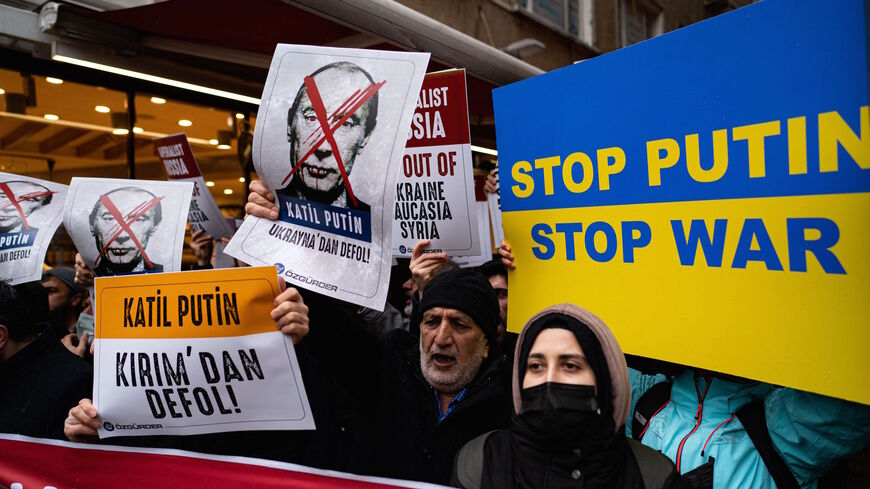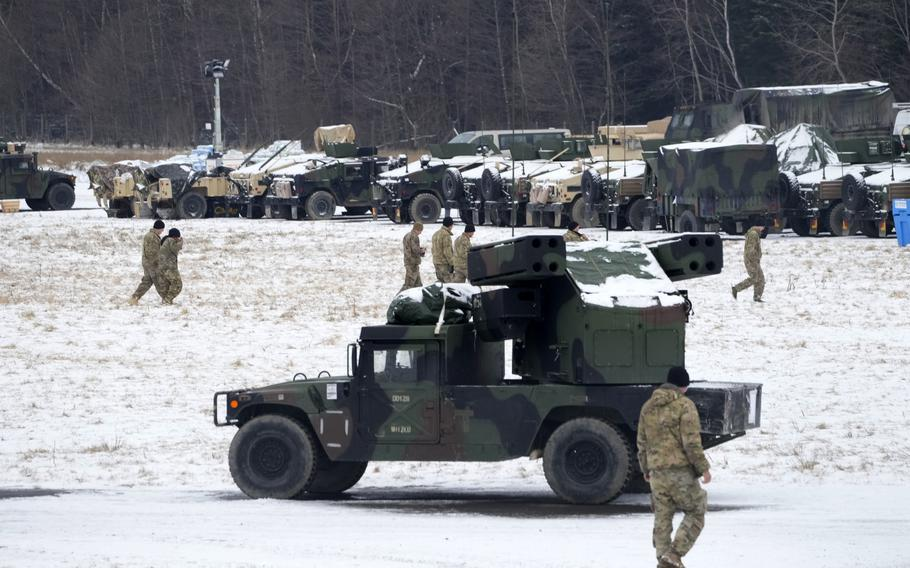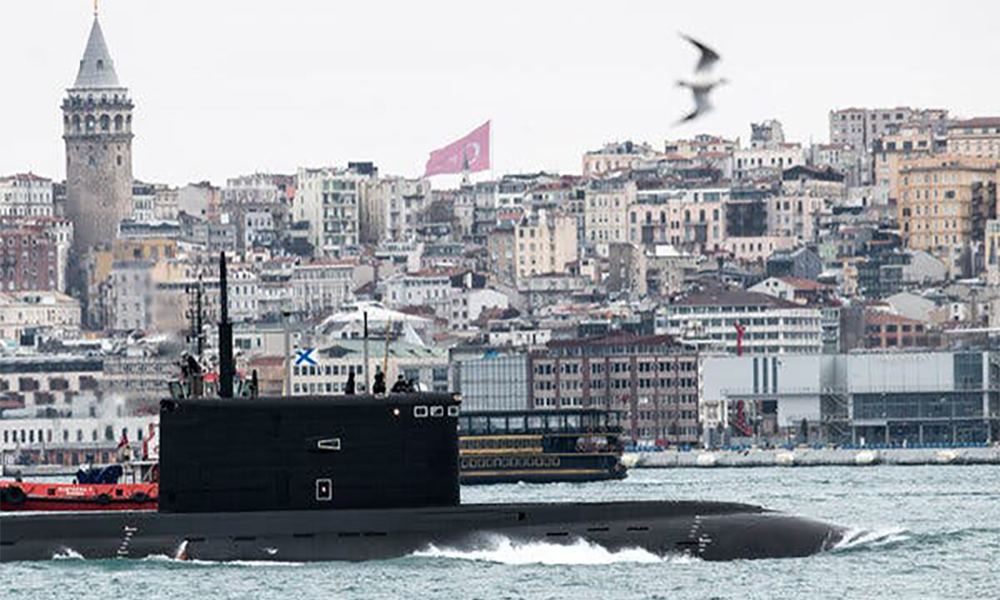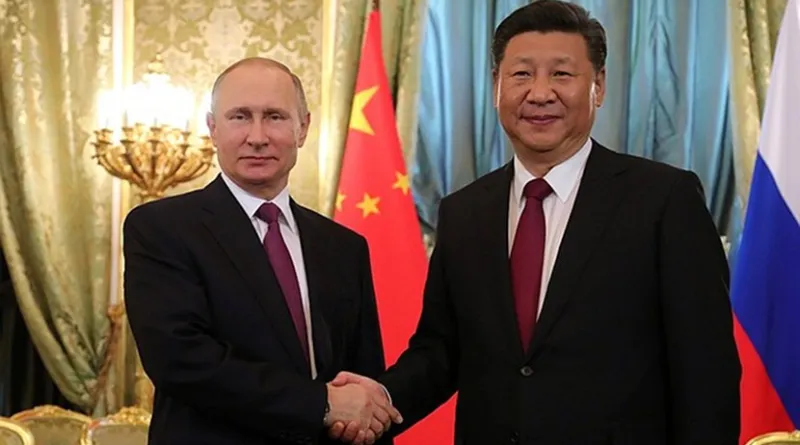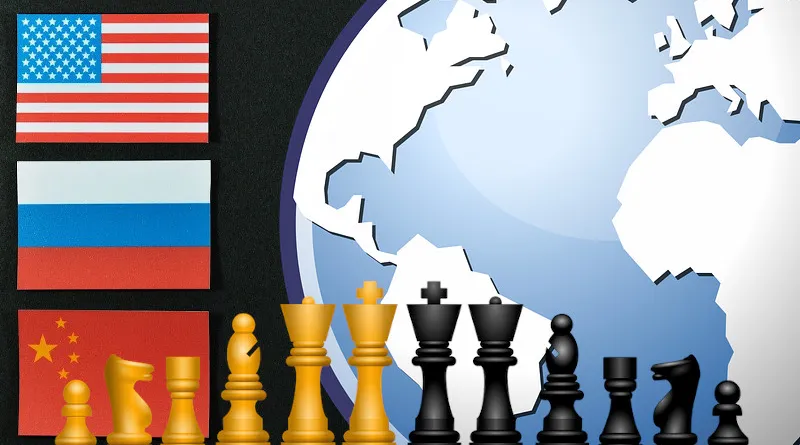Erdogan stuck on fence in Ukraine crisis
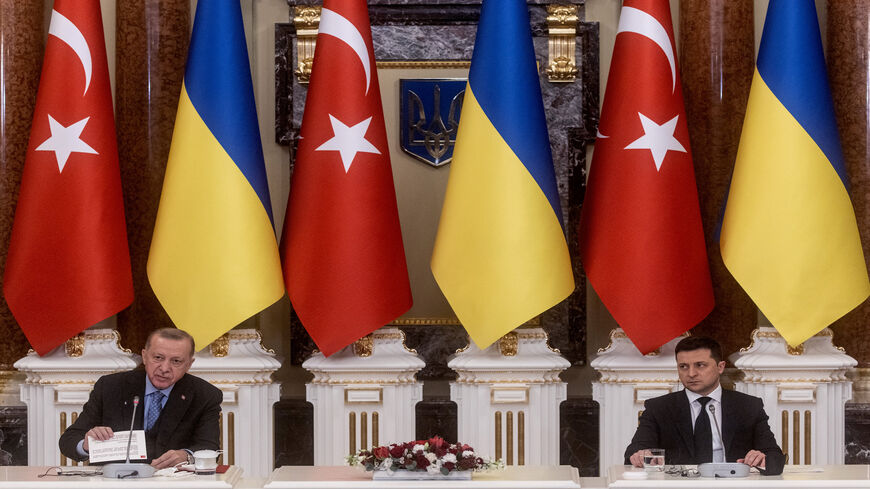
Turkish President Recep Tayyip Erdogan has chided NATO for failing to do more for Ukraine but remains averse to antagonizing Russia.
Faced with a tough balancing act, Turkey has been sending mixed signals on its position on Russia’s invasion of Ukraine. President Recep Tayyip Erdogan, who has angered Moscow by developing military ties with Kyiv, has called for NATO action on the one hand, while stressing the importance of preserving ties with Russia on the other.

